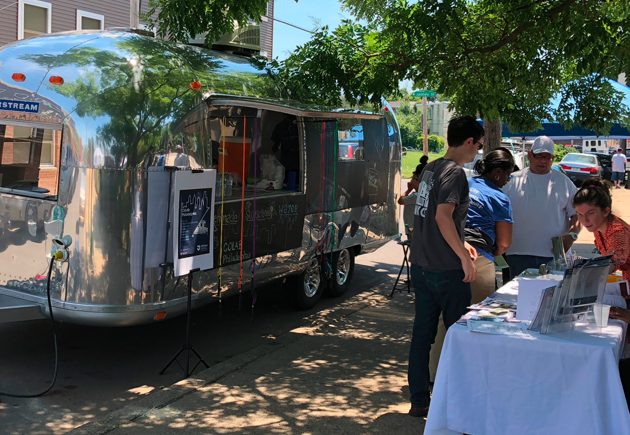The Women in Need (WIN) program, located in the Marion Louise Saltzman Women’s Center has been selected for the eighth consecutive year to receive a grant from the Philadelphia Affiliate of Susan G. Komen for the Cure, Inc. Under the direction of Lisa Jablon, MD, FACS, the WIN program will use the 2010-2011 grant award to continue meeting the needs of uninsured women in our community who have identified breast problems by allowing them to get expedient diagnostic care despite their limited financial resources.
Participants in the WIN program are provided a continuum of breast care, starting with a complete examination, mammography review and additional diagnostic testing such as ultrasound, biopsy or additional mammography. Financial counselors provide on-site education and assistance in helping the women obtain health insurance for themselves and their families. WIN representatives also participate in events in the community and provide education on breast health, offer information on the availability of services through the WIN program as well as other breast health programs in the area, and direct participants to screening services.

